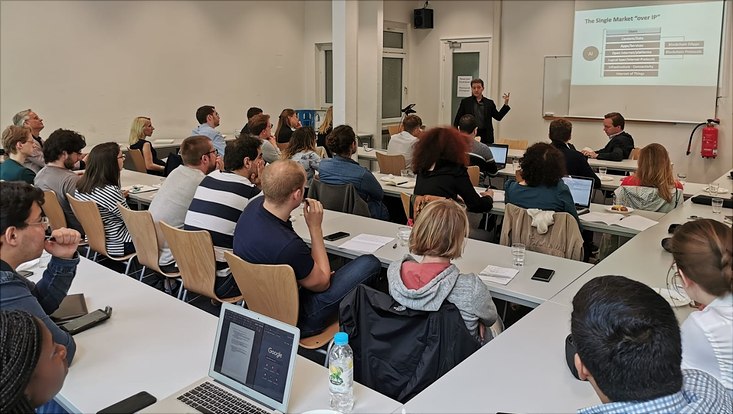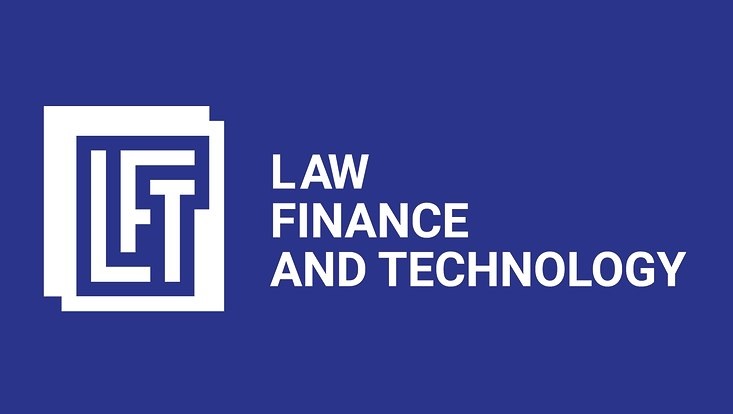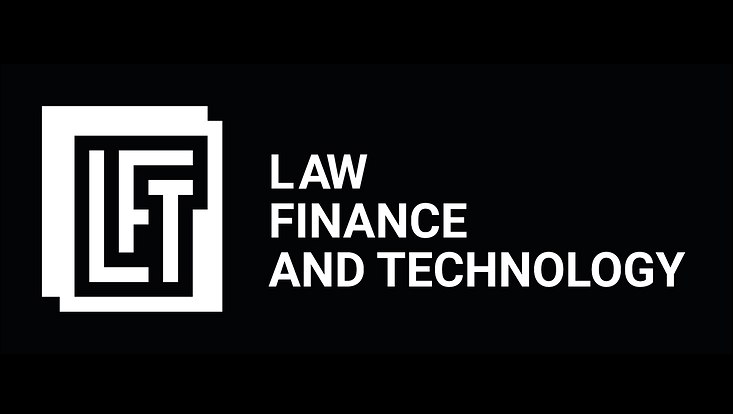für Recht und Ökonomik
Professor Andrea Renda on trustworthy Artificial Intelligence in Europe
2. Juli 2019, von Internetredaktion

Foto: LFT
Professor Andrea Renda gave an inspiring presentation on the challenges of regulating and supervising artificial intelligence in Europe this July 2nd at one of our LFT Lunchtime Workshops. According to Professor Renda, the European Commission is preparing an ambitious regulatory framework in this strategic domain, embracing the regulation of data, liability and competition products, as well as a piloting process and future certification of Trustworthy AI. Professor Renda composed the European Commission's High Level Expert Group on Artificial Intelligence in drafting the "Ethics guidelines for trustworthy AI". Among the highlights on the relevance of this framework, there were topics such as antitrust concerns in zero-priced goods and cross-layer competition market, limiting cost-based regulation in multi-sided markets; contractualisation and privatisation of governance through new technologies such as smart contracts; and ethical concerns about the possibility of new technologies reducing liability; among other topics, as the possible accentuation of discrimination.
For Professor Renda, Artificial Intelligence possesses extraordinary potential. However, with the current legal uncertainty and the lack of ethical principles to guide its regulation, AI proper development is being hampered. Its complexity and the diversity of its applications, however, raise several questions about acceptable nugdging policies and governance, as well as privacy issues. In this sense, Renda stressed the importance of a new trustworthy AI assessment framework, a model that should be continuously tested and quickly adapted. Such a framework would rest on three pillars, legality, ethics and robustness. Moreover, within the ethical pillar, it should be emphasised the respect for human autonomy, prevention of harm, fairness and explicability. Professor Andrea Renda is a Senior Research Fellow and Head of Global Governance, Regulation, Innovation and the Digital Economy (GRID) at the Center for European Policy Studies (CEPS). If you are more curious about this topic, please check the slides of his presentation and his book prepared with the CEPS team.


